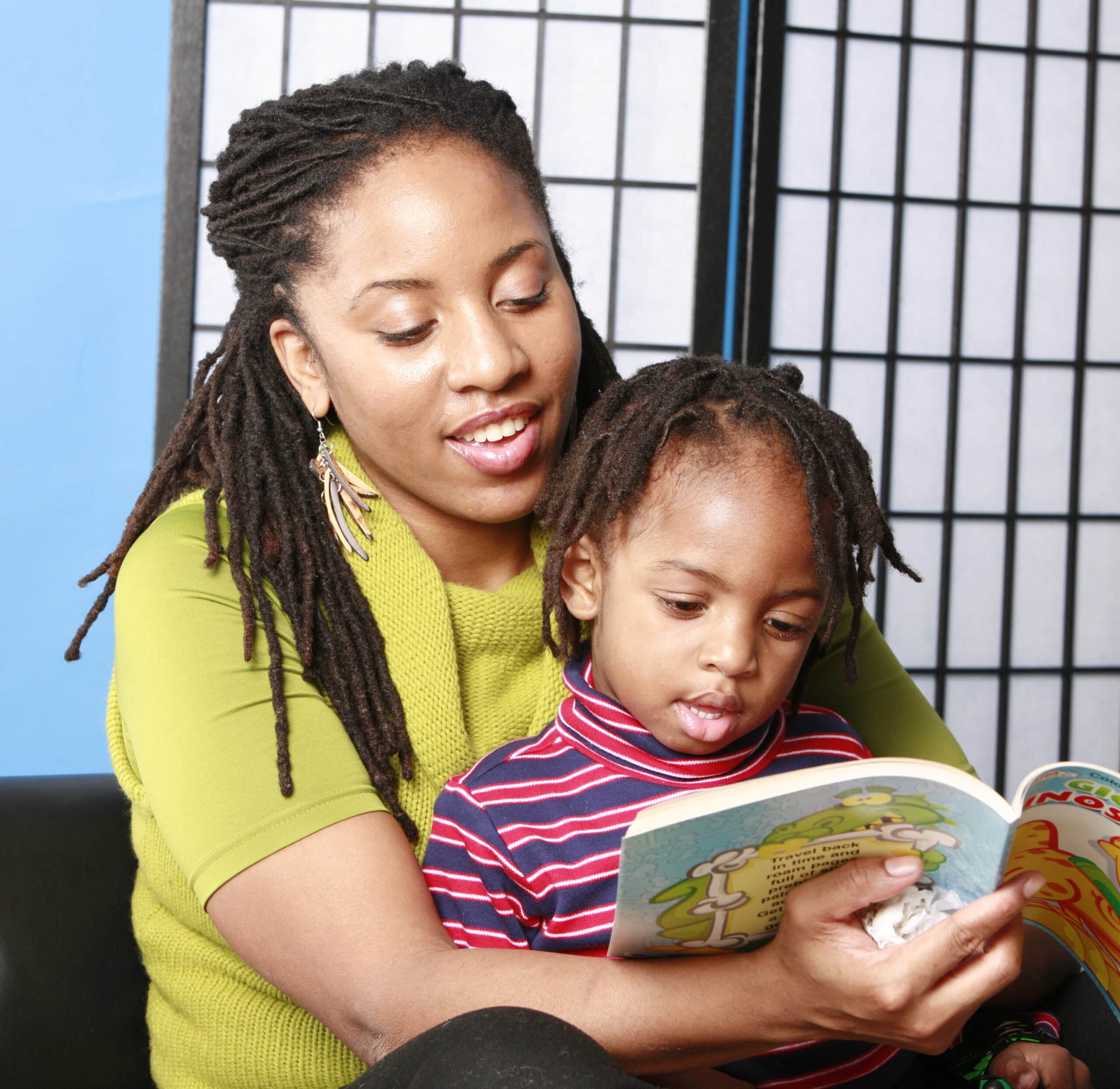A new study on LENA Start from the University of Minnesota discovered that the program can be successfully implemented in community-based settings and that families enjoy participating. The study was published in the Journal of Child Language in November 2020.
Over the course of three months, the researchers evaluated 39 families who participated in LENA Start and compared their outcomes to another group of families who participated in general parenting classes but did not receive LENA feedback or reports.
“This study shows promising evidence that LENA Start can be a good tier 1 intervention, and that it can serve as a universal-access program that can provide additional resources to families,” lead author Marianne Elmquist, a doctoral student in educational psychology, said.

“One of the biggest takeaways from this study is that LENA Start can be implemented in community settings,” educational psychology professor Scott McConnell said. Rather than requiring implementers to build new infrastructure and identify novel resources, the program can be easily incorporated into existing community structures and succeed, he explained.
LENA Start was also popular with parents, suggesting it has the sort of “social proof” necessary to spread widely within communities.
“We answered some of the social validity pieces of the question,” Elmquist said. Along with sharing positive responses on the parent survey, most families stayed with the program and met the requirements to graduate. “All those factors are an indication that LENA Start is a good fit for the environment and infrastructure that we embedded it into,” she explained.
The LENA Start group also increased their parent-child interaction as measured by key LENA metrics — adult words, conversational turns, and child vocalizations — achieving increases in all three areas, while the comparison group decreased. Increases in conversational turns and child vocalizations were statistically significant.
“The program warrants further investigation and larger-scale studies,” Lizbeth Finestack, a professor of speech-language sciences, noted. Her team is working on a scoping review of caregiver-focused communication interventions, and in the future she hopes to do a larger scale study of LENA Start evaluating the potential active ingredients.
Learn about other evaluations of LENA Start:
Iowa State University’s Evaluation of LENA Start efficacy: A study by Iowa State University found that families who participated in LENA Start provided increasingly rich home language environments for their children, expanding how much they talked to and with them over the duration of the three-month class, compared to families who did not attend. Read more.
Initial Longitudinal Results for Huntsville City Schools’ LENA Start program: Data show that children whose families participated in LENA Start demonstrated considerably higher early literacy scores and were far more likely to be at an advanced literacy level entering preschool, which was more than two years after their families completed the program. Read more.



